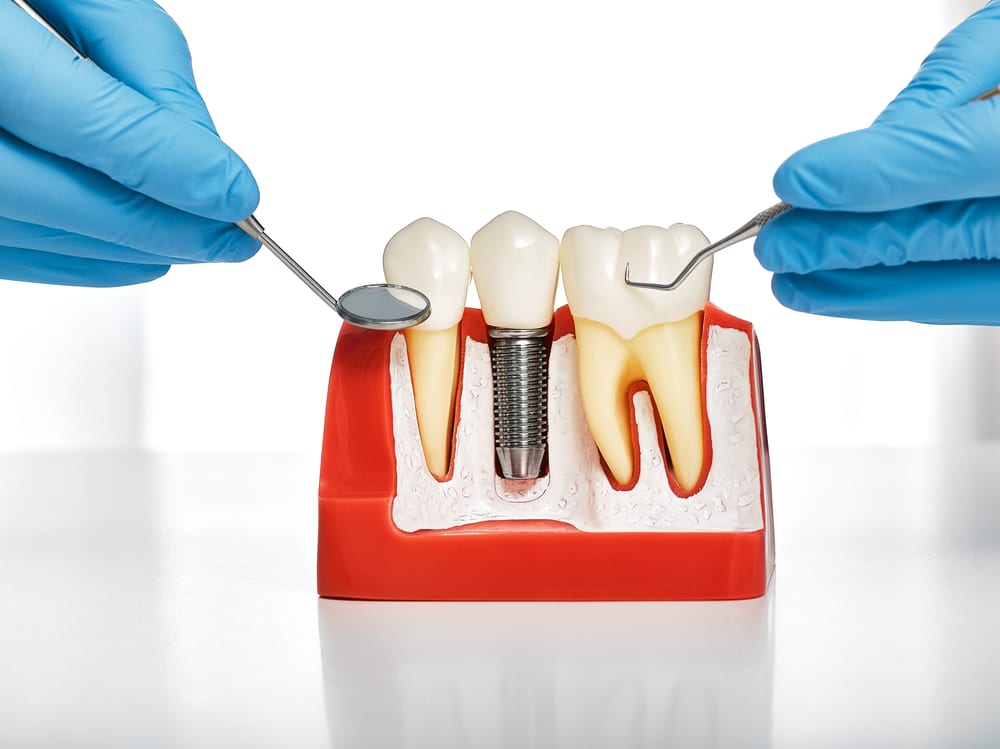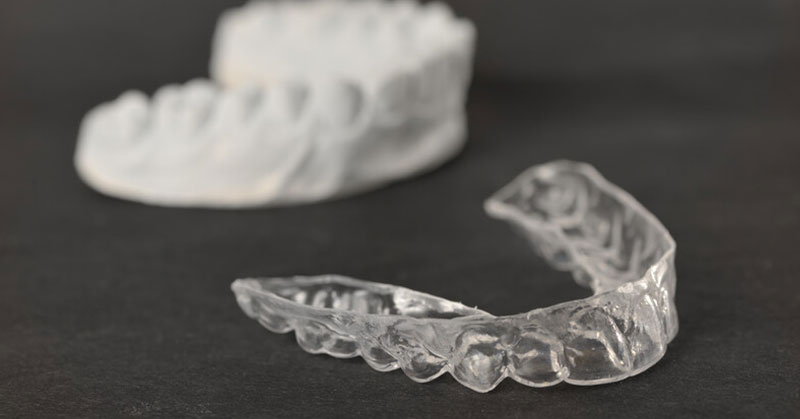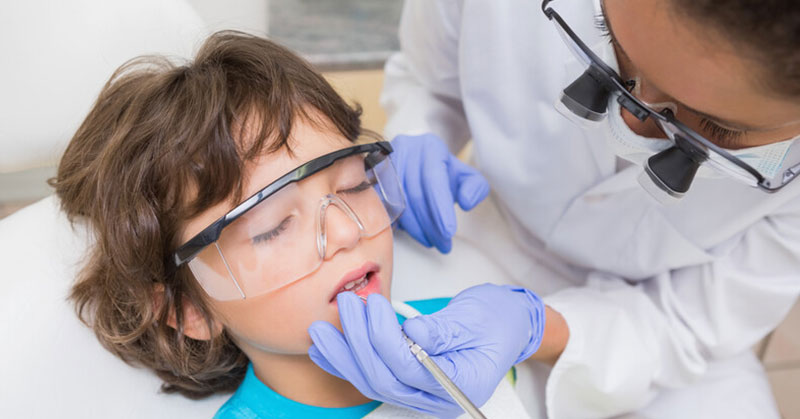Maintaining good oral hygiene is essential for your overall health. Not only does it keep your teeth and gums healthy, but it can also help to prevent diseases such as heart disease, stroke, and even cancer. Here are some ways to improve your oral hygiene and keep your smile looking its best:
Brush your teeth twice a day.
Brushing your teeth is the most important thing you can do to keep them healthy. Be sure to brush for two minutes at least, using a toothbrush with soft bristles. Don’t forget to brush your tongue as well. This will help to remove bacteria and keep your breath smelling fresh.
In addition to brushing, be sure to floss your teeth every day. Flossing helps to remove plaque and bacteria from between your teeth and under your gumline – places that your toothbrush can’t reach.
Finally, be sure to see your dentist regularly for checkups and cleanings. Your dentist will be able to spot any problems with your teeth and gums early on and recommend treatment if necessary. By taking good care of your teeth, you can help to keep them healthy for life.
Floss daily.
Flossing is just as important as brushing, as it helps to remove plaque and bacteria from between your teeth. Be sure to floss gently, using a back-and-forth motion. You can use either waxed or unwaxed floss, but be sure to avoid using any type of toothpick, as this can damage your gums.
In addition to flossing and brushing, you should also visit your dentist regularly for professional cleanings and checkups. This will help to ensure that your teeth and gums stay healthy and that any problems are caught early on.
If you have any questions about how to properly care for your teeth, be sure to ask your dentist or dental hygienist. They will be able to give you more specific instructions based on your individual needs.
Use mouthwash.
Mouthwash can help to remove plaque and bacteria from your mouth, and it’s a great way to freshen your breath. Be sure to choose a mouthwash that contains fluoride, as this will help to prevent tooth decay. Mouthwashes come in a variety of flavors, so be sure to choose one that you enjoy.
To use mouthwash, simply swish it around in your mouth for 30 seconds to 1 minute, then spit it out. Be sure to follow the directions on the bottle, as some mouthwashes should not be used more than once per day. Mouthwash is a great way to keep your mouth clean and healthy!
Eat healthy foods.
Eating plenty of fruits and vegetables is good for your overall health, and it’s also good for your teeth and gums. Avoid sugary foods and drinks, as they can cause tooth decay. Brush your teeth regularly, and see your dentist for regular checkups. Eating a healthy diet is an important part of taking care of your teeth and gums. Fruits and vegetables are packed with nutrients that are good for your overall health, including your oral health. Avoid sugary foods and drinks, as they can cause tooth decay. Brush your teeth regularly, and see your dentist for regular checkups.
Eating a healthy diet is an important part of taking care of your teeth and gums. Fruits and vegetables are packed with nutrients that are good for your overall health, including your oral health. Avoid sugary foods and drinks, as they can cause tooth decay. Brush your teeth regularly, and see your dentist for regular checkups. Eating a healthy diet helps to keep your teeth and gums strong and healthy. Choose fruits and vegetables instead of sugary snacks, and brush your teeth regularly to help prevent cavities. See your dentist for regular checkups to ensure that your mouth is healthy.
Quit smoking.
Smoking is bad for your overall health, and it’s also terrible for your teeth and gums. If you smoke, consider quitting – it’s the best thing you can do for your oral health.
In addition to the general health risks associated with smoking, there are also specific dangers to your oral health. Smoking can cause several problems for your teeth and gums, including:
-Yellowing of the teeth
-Staining of the teeth
-Bad breath
-Gum disease
-Tooth loss
-Oral cancer
If you smoke, quitting is the best thing you can do for your oral health. There are many resources available to help you quit smoking, so don’t hesitate to seek out help if you’re ready to quit. Your teeth and gums will thank you!
See your dentist regularly.
Even if you brush and floss regularly, it’s important to see your dentist every six months for a professional cleaning and checkup. They can spot problems early and help you to keep your smile looking its best.
Your dentist can also help you to prevent problems by teaching you the proper way to brush and floss, and by providing you with information on a healthy diet for your teeth. They can also make custom mouthguards for people who play sports or grind their teeth at night.
If you do have a problem with your teeth, such as a cavity, your dentist can treat it. They can also help you to manage other conditions that affect your oral health, such as gum disease.
No matter what your dental needs are, it’s important to find a dentist that you trust and feel comfortable with. Once you’ve found the right dentist, you’ll be on your way to keeping your smile looking its best!
Practice good oral hygiene habits.
In addition to brushing and flossing, there are other things you can do to practice good oral hygiene. Avoid chewing on hard objects, such as ice or hard candy, and don’t use your teeth as tools (for example, to open a bottle). Be sure to wear a mouthguard if you play sports. And, of course, practice good overall health habits – get plenty of rest and exercise, and drink plenty of water. A healthy diet is also important for good oral health.
In Summary:
You should visit your dentist regularly for professional cleanings and checkups. During these appointments, your dentist will examine your teeth and gums for any signs of problems and clean your teeth to remove any plaque or tartar buildup. If you have any concerns about your oral health, be sure to talk to your dentist, so you can find the best solution.
Family Dental of Teravista is a dentist that Georgetown residents trust. We offer a wide range of dental services, from preventative care to cosmetic dentistry. We’re committed to providing quality dental care in a comfortable and convenient setting.
Call us today to schedule an appointment!




















